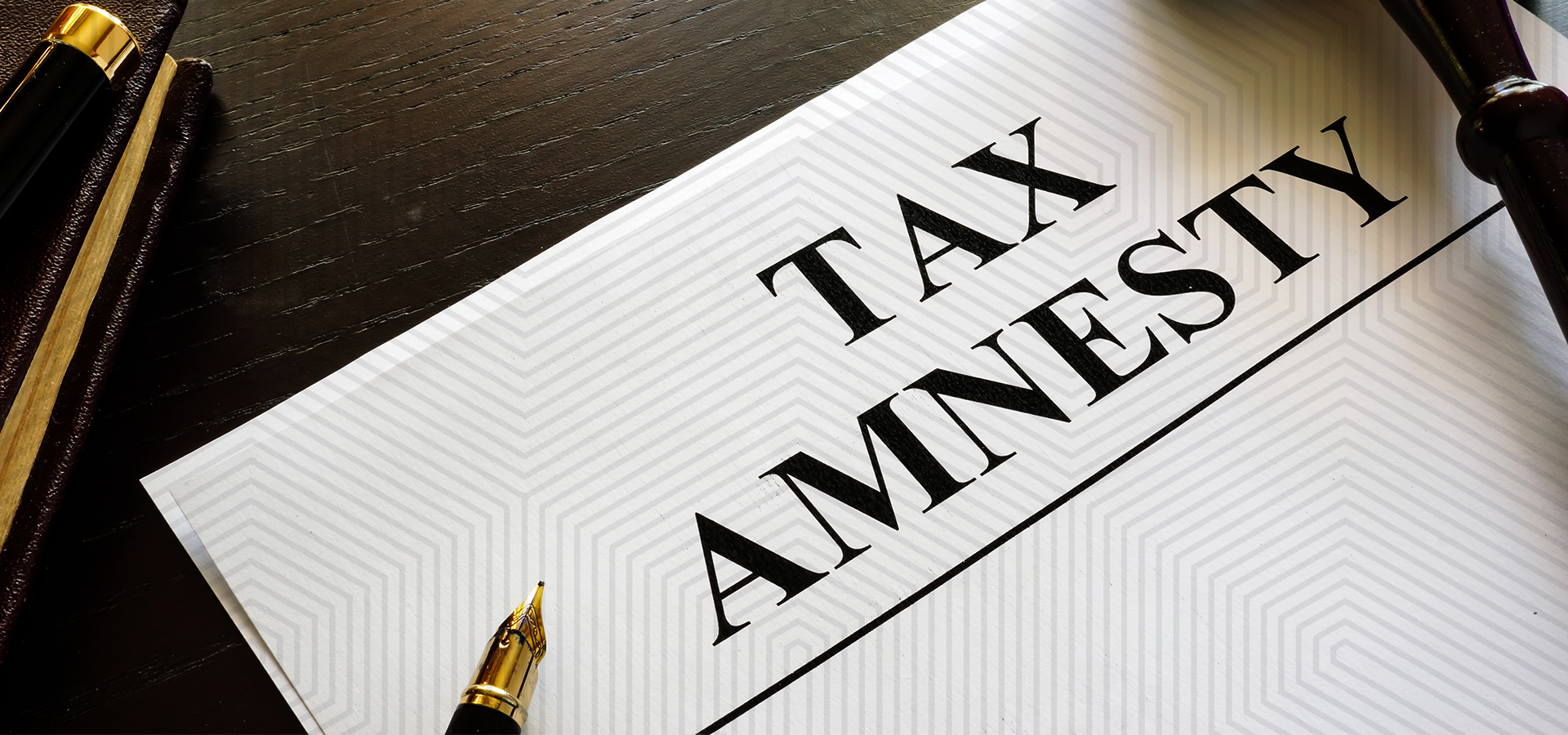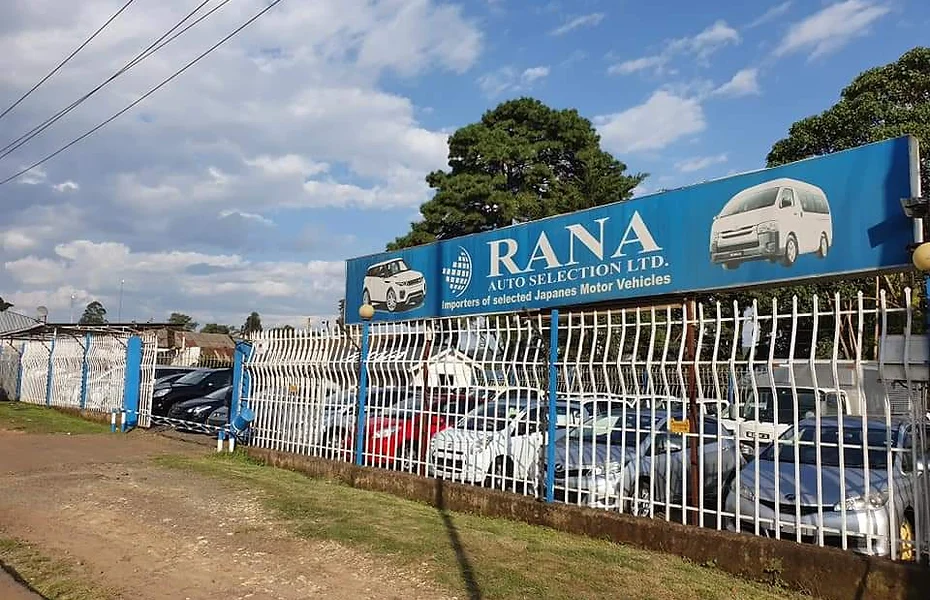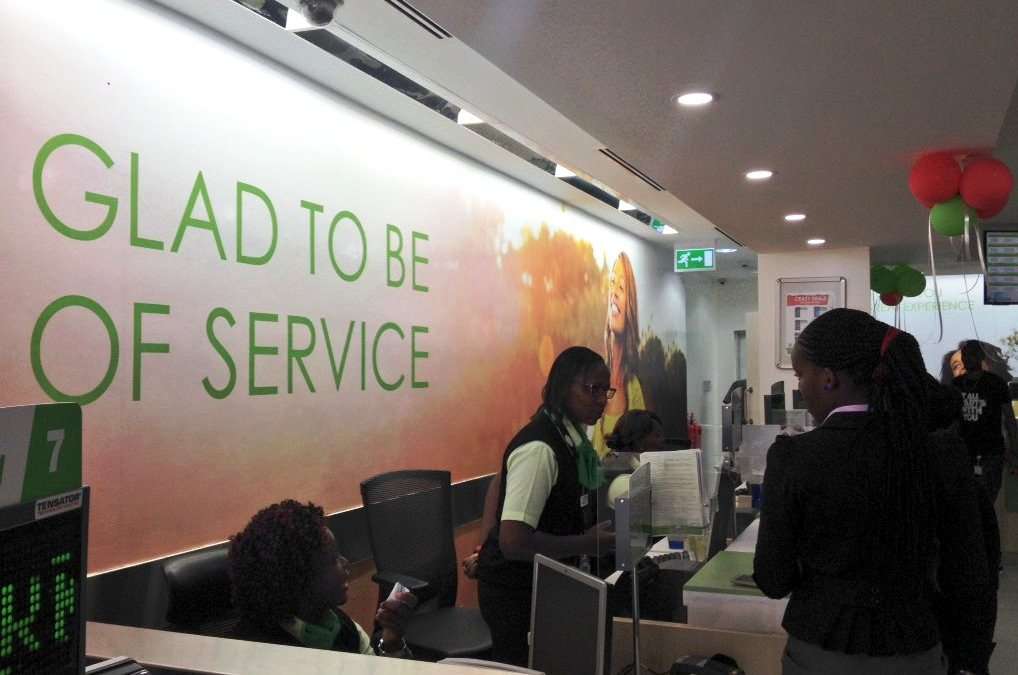President William Ruto signed the Tax Procedures (Amendment) Bill 2024 into law, enabling taxpayers previously excluded from the program after its expiry on June 30, 2024, to benefit from the amnesty. The bill also amended Section 37E of the Tax Procedures Act to extend the amnesty and addressed procedural issues, such as excluding weekends and public holidays in the computation of time for tax appeals
The Kenya Revenue Authority’s 2023 amnesty policy has proven highly effective, facilitating the recovery of Ksh 54.5 billion in declared principal taxes, as revealed in a recent report by the Parliamentary Budget Office (PBO). The initiative has received 1.06 million applications, with successful collections between September 2023 and June 2024 amounting to Ksh 43.9 billion.

The policy provided a pardon on penalties and interest on tax debts accumulated up to December 31, 2022. The PBO report states: “After the amnesty period lapsed, the government extended it to March 2025, highlighting its success and intent to encourage voluntary compliance by taxpayers. This study demonstrates the government’s approach to fostering a cooperative tax environment while addressing historical tax liabilities. This is crucial for sustaining revenue collection efforts in the long term.
However, the report warns that continued reliance on tax amnesty policies risks undermining the overall tax compliance culture. Businesses and individuals might evade taxes, expecting future pardons. The report emphasizes: “The success of this initiative will depend on continued post-amnesty taxpayer engagement and robust enforcement measures.”
Last week, President William Ruto signed into law the Tax Procedures (Amendment) Bill 2024, allowing taxpayers previously excluded from the program after its expiry on June 30, 2024, to benefit from the amnesty. The bill also amended Section 37E of the Tax Procedures Act to extend the amnesty and addressed procedural issues, such as the exclusion of weekends and public holidays in the computation of time for tax appeals.
Clause 3 of the Bill introduced provisions for relief in cases of doubt or difficulty in tax recovery. It mandates the Cabinet Secretary to gazette any approved reliefs and presents them to Parliament for oversight. Additionally, the bill includes amendments to section 77 to streamline appeals processes across different judicial levels.
The PBO report highlights unresolved tax debts tied to legal disputes, including Alternative Dispute Resolution (ADR) cases and independent review objections, amounting to Ksh 313.4 billion across 1,288 cases. The report notes: “Ongoing legal challenges highlight the complexity and financial impact of unresolved tax disputes, emphasizing the need for efficient resolution mechanisms to unlock this significant amount of revenue for the government.”
Concerning Kenya’s high tax expenditure, the report stresses the need to balance maintaining a sustainable tax base with promoting economic activity. Between 2020 and 2022, Kenya’s tax expenditure as a share of GDP increased due to expanding tax incentives and economic activities aligned with government goals. However, the growing costs of these measures raise sustainability concerns amid Kenya’s broader fiscal challenges, including the need for enhanced revenue mobilization and fiscal consolidation.
The National Treasury’s 2023 Tax Expenditure Report noted a rise in tax expenditure, which reached Ksh 393.6 billion in 2022. Tax expenditures, such as VAT zero-rating, tax deductions, and credits, serve as strategic tools for subsidizing or incentivizing specific economic activities. However, the report underscores the importance of careful management to ensure fiscal stability and long-term economic growth.





